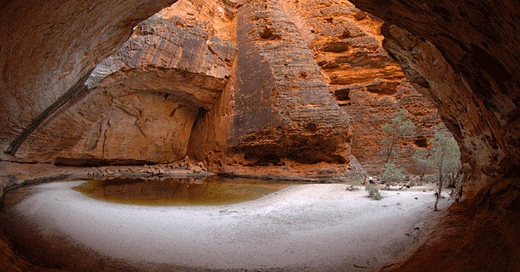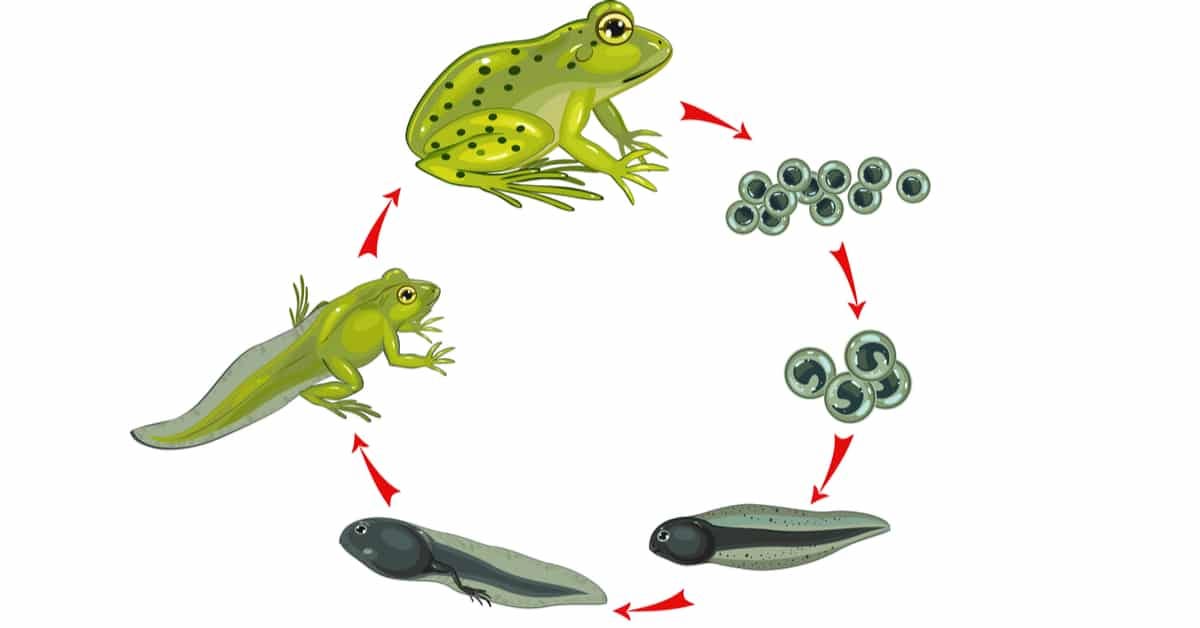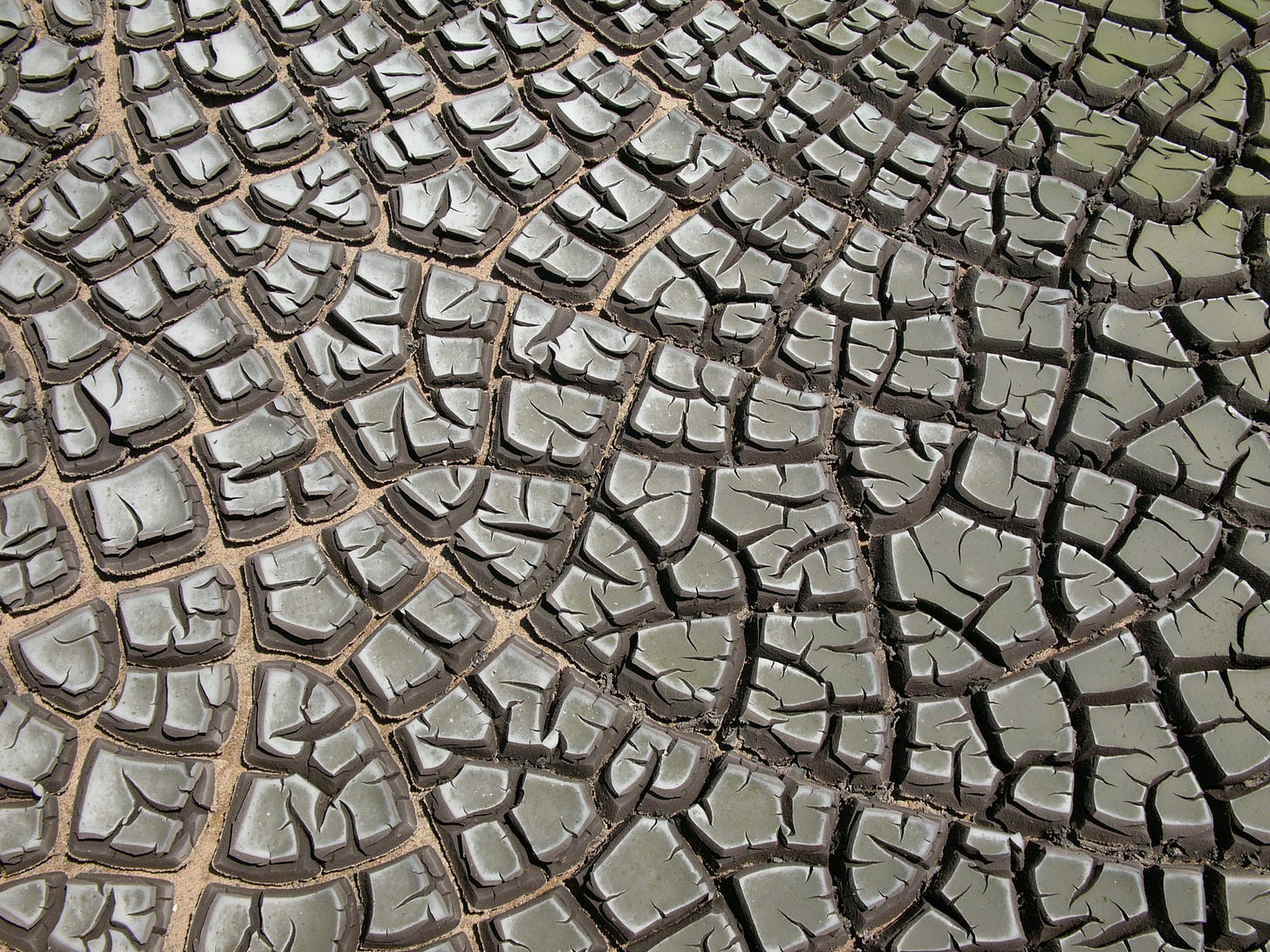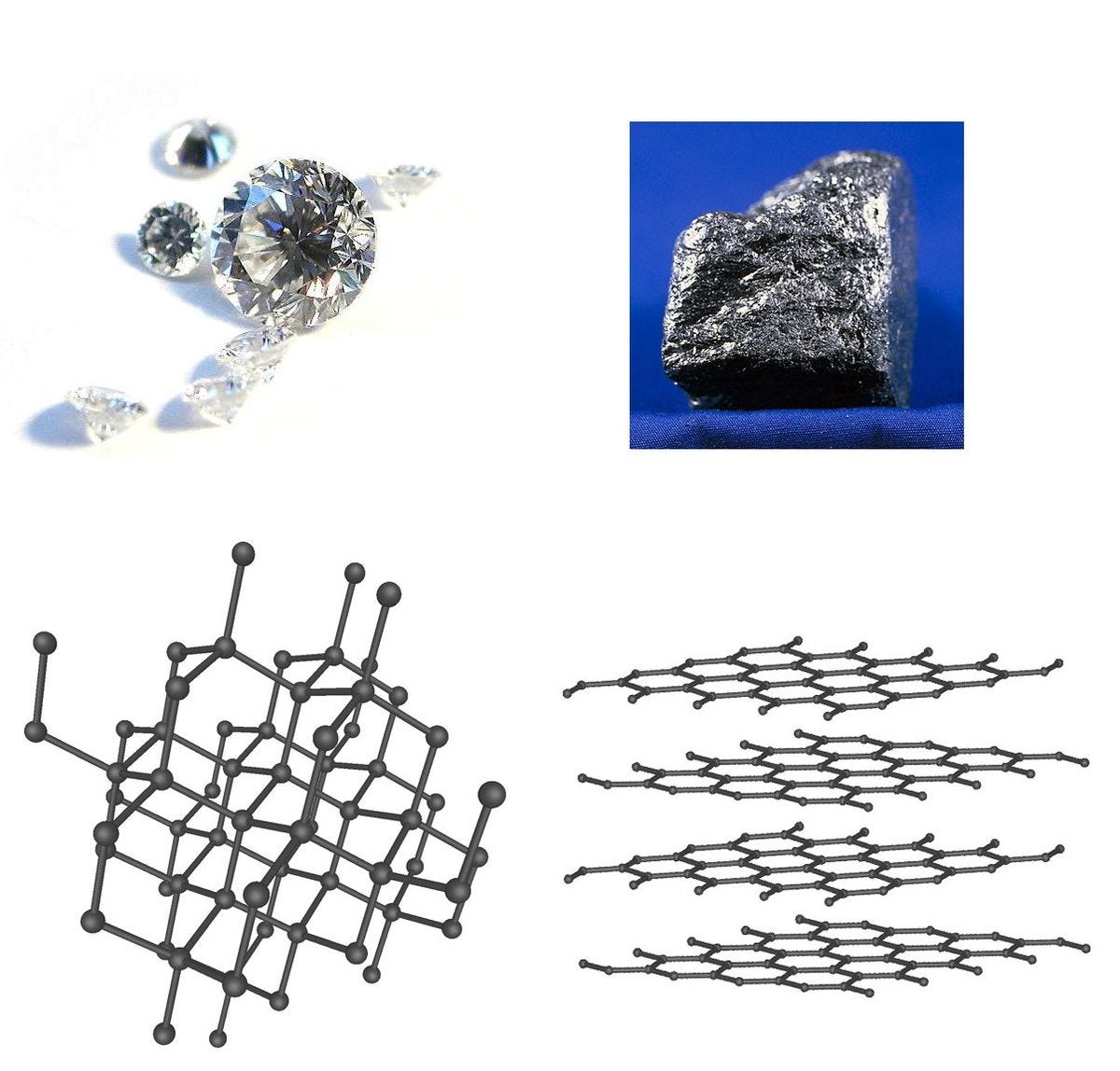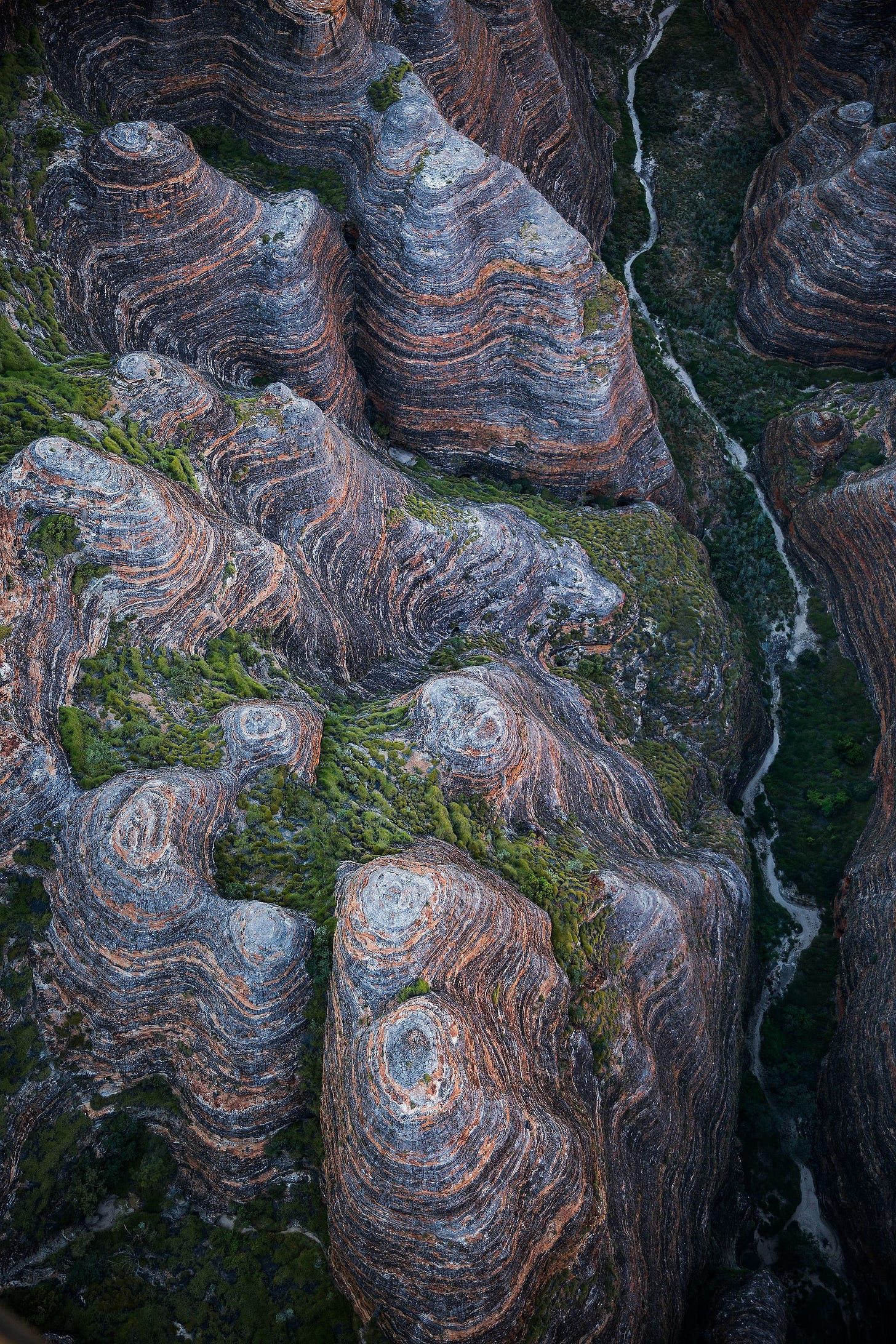Zoom in: Terra, a fragile stronghold of life.
Zoom in: Australia, the far-off continent.
Zoom in: Purnululu, one of nature’s weathered masterpieces.
Shift from: the striped sandstone domes and through a maze of well-worn canyons into a narrow chasm with a fresh-filled stream.
Natural light, single camera, surreal action!
Emergence (III): Helter–Skelter
It’s near the end of the wet season. At the peak of its growth cycle life is rejoicing. The landscape is repainted with explosive regrowths of vibrant green, rapid currents fill the once barren riverbeds now teeming with plankton, algae and patches of moss. The air is abuzz with insects, the rivers are virtually overflowing with fish and the undergrowth is bristling with such a great number of mammals that the predators have become opportunistic to the point of near standstill.
Yet, in the art of joie de vivre nobody outdoes the young frogs. Barely metamorphosed into adulthood they still have the spunky restlessness of the tadpole. Partying like there is no tomorrow with the persistence of the pollywog. Young frogs jump and dive, swim and play, contentedly bask in the sun. Frolic they swim through the fast flowing stream connecting the gorges.
One group however does not partake in the exultation of life and drones on with grim determination. They are headed by a big old frog that urges them to redirect their young energy at planning for the future. Not all the young ones in the group are particularly happy about it though.
“Why can’t we join them for a little while, Sally?” a young frog, bursting with energy, asks.
“I told you Philip that we must finish this task first.” The old, leathery frog remains adamant.
“Planting seeds? Making food stocks while it’s everywhere, more than anybody can eat?”
“Especially now, while we still can. It is necessary for our continued survival.”
“But a little break won’t hurt, will it?”
“As soon as this cache is filled you can join the others in their flippancy.”
“Having fun can’t be such a bad thing, can it?”
“No, it isn’t and after we finish this you can play all you want tonight. However, once your adrenalin surge has let off let me explain to you why we must do this.”
Emergence (I): Diaspora
It was a season wetter and wilder than this. The torrential rains that fell from the sky seemed never-ending. The streams soon built up to mighty rivers overflowing their old riverbeds. Large pieces of land were flooded. The currents were sometimes so powerful that trees were torn from their roots, big stones were swept away from their age-old withering spots, water cutting through rock layers too hard for the strongest of our burrowing cousins to scratch.
No living thing could fight these irresistible streams. Once captured there was no way you could swim against it, only go with the flow and hope to survive. It was one of those crazy currents that upset the gorge where I had hatched. My brothers and sisters were still young tadpoles hardly halfway through our transformation. We were swept away like dry leaves in the storms that precede the wet.
Although I was too young to fully realize the dangers the exhilaration of the wild ride soon evaporated as I found myself in a strange territory, far away from my hatch place. The only familiar one still with me was my brother Jacinto. All the others were nowhere to be seen: alive, dead or lost: impossible to say.
Other tadpoles were there, similar to us but no family. Much younger than us. Why I don’t really know, maybe our parents were also offset by this unusual wet and mated too soon or those of the others were distraught and mated too late.
After we overcame our initial shock Jacinto and I set out to search for our brothers and sisters. The others—not a single group but a varied crowd mostly unfamiliar with each other—followed us apparently because we were the oldest ones.
Our motley crew travelled to various places without ever finding any of our family or even retracing our paths. Eventually we settled ourselves in this gorgeous pool, wedged within this rock rift that beautifully captured sunlight in the middle of the day. We’d be gloriously basking at noon but mercifully shadowed before the daytime heat became too much.
Emergence (I): Hemimetabolous
Neither could we know that this thunderous, excessive wet would be so short. In retrospect I think that the chaotic weather principles somehow compensated for the violence of the downpour by—in the meantime—shortening its period. Anyway while we were being enchanted by our lavish gorge in the rapturous ravine we were caught totally unaware as the waters retreated earlier as they should, leaving us captured in this cul-de-sac, cunningly crafted by nature.
Of course, in the beginning we did not see the trap for what it was as the walls of our prison were decorated by the trappings of paradise. There were no predators for us, food was in profusion and a nicer surrounding was hardly imaginable. We had entered the gates of Xanadu, we were kings of the world. But this Last Supper was only the prelude to Purgatory.
Our naïveté prevented us from seeing the signs. Nobody’s transition to fully developed frog was complete: even Jacinto and I—the oldest ones—were far from it. In any normal wet the metamorphosis is carried through before the rains stop. Also the very asynchronousness of the hatchings indicated that something very fundamental was wrong. Still, we were too young to conceive that such an explosive wet would be followed by such a towering, terribly extensive dry...
Morphological Resonance: A Metamorphism
This dry lasted long, longer than what is normal according to our species’ living memory. As I could not longer stand to be near Jacinto I wandered—at times—off into the rocky surroundings of our gorge.
The intense heat, the ongoing slow dehydration and my racing thoughts appeared to gradually change the way I detected reality. It was like working in Ptholo’s forge. I don’t know exactly how it happened; my normally persistent memory was—in some aspects—disintegrating. At a certain point the stones somehow seemed to speak to me.
The way you perceive changes is blunted by your ultrafast metabolism. What you now see around you occurs to you as an example of stability. On geological timescales it certainly is not. Look at the rocks around you. They seem at a perfect standstill but they have travelled over great distances, through enormous depths and vast periods. These immense journeys have changed their deepest inner structures.
Watch these two rocks lying next to each other, merely brought there by the elusive and enigmatic processes of chance, chaos and correlation. To the untrained eye they look alike. However, one is but an earlier, unformed version of the other.
Even the youngest one is by your reckoning incredibly old, burst out of deep strata where it has been compressed from tiny grains of sand. The other one has embarked on a far further voyage to be taken down by a subductive tectonic plate into the liquid heat beyond the crust.
There it has undergone a metamorphism: its structure is much harder and more crystalline. It is therefore more durable than its neighbouring predecessor.
Emergence (I): Desiccation
The rivers dried out much too early, disconnecting our gorge from the rest. At first we didn’t care, we were fine in our idyllic Elysium. We bathed ourselves in lavishness, even as the pool slowly became ever more shallow.
At the same time several of the group were approaching the fast growth stage of their metamorphosis and therefore in need of more food to power this. Then, like the cliff’s shadows at sunset crisis fell upon us in a swift, sudden sweep.
Instead of equally sharing the remaining food all solidarity soon dissolved into fights over the dwindling supplies. Jacinto and I were not dependent on the algae and plankton of the lowering waters since we—almost fully developed—could feed on insects that were still plentiful. The first ensuing fights could be calmed by intervention by one of us two but as the situation became grimmer the food clashes escalated into desperate battles that exempted themselves from our pacifying influence.
Dawning realization of the impending doom turned the once frolic gorge into a small lake of despondency. Restlessness became resignation as a first withdrawal symptom. Famine and despair blunted the edge of the fighting’s ferocity. As the pool became more overcrowded by the day the inexorable hand of fate closed in on its first victim. The dreadful event of the earliest casualty was soon overshadowed by Jacinto’s blatant and shocking next action.
Morphological Resonance: An Allomorph
Differences need not to be limited to various rocks. Strange ways of expression occur even in a single stone. Minerals, metals and compounds consisting of the same chemical formula can diverge in their crystalline structure.
Multifarious forms of identical elements sometimes develop changing characteristics in crystalline structures. Graphite can be compressed into diamonds and the metallic, silvery white tin may decay into its amorphous, grey powder variety.
Rarely, these allotropic forms are captured in the same stone. Still, the principle is clear: although chemically exactly identical not only their outward appearance but also their inner being is essentially different. The precisely same basic ingredients can be used for different expressions.
Emergence (I): Mucus Mutilation
He devoured the dead body. Cannibalism was not unheard of in the prehistoric times when our race was slowly achieving its intelligence. In present times however it is an intense taboo, thought to be inherently ingrained in the modern mind. Circumstances were by far not desperate enough to justify this behaviour.
Although the amount of available insects was declining and the remaining ones proved ever harder to catch Jacinto and I were not yet near the edge of starvation, even if we could sense its boundaries closing in on us.
At first I was too bewildered to even think of fighting him. However, I was disgusted to share our pool with him for too long so I stayed out in the dry too much. This weakened me more than I expected. My skin developed strange blotches and my mind was haunted by vague recollections of surrealistic visions. When he ate the second famine victim my outrage was immediate. Furiously I attacked him. But my condition had worsened so much that he thrashed me within inches of my life.
Nothing can excuse my next action but when the third of our group fell victim to the ever-encroaching malnourishment I became the second cannibal. Finally, my fear of dying overcame my deepest cultural restraints. However sorry and ashamed I feel now I cannot guarantee that—under similar circumstances—the wish for a dignified death will overcome the will to live.
Needless to say that it was not my last act of brother-eating-brother. As the sound of the last insect dwindled to a vague buzz in my memory the gnawing pangs of hunger in my stomach pulsed ever harder and developed an insistent, irrefutable rhythm of their own. With all my might I tried to suppress it but ultimately—when push came to shove and the only alternative left was death—failed, again and again. Even though Jacinto did not in the least show any outward signs of a struggling conscience, at least we waited until somebody died before committing our next unspeakable act. If this was of any help to the remainders’ peace of mind I dare not guess...
Morphological Resonance: A Relict
Maybe you are now increasingly getting the impression that the only constant here is change, however slow and gradual. Superficially this may be true but we cannot be sure. There are still things that are extremely resistant to change. They retain their structure and integrity as long as possible, even under extremes of pressure, temperature and duress.
Take that rock there, for instance. That old blockhead still has the same crystalline structure and minerals as at the time it was formed. It is almost as ancient as this very planet. Plate tectonics, convection streams, volcanic action and weather patterns have brought him over and through large parts of this world. Still, this monumental odyssey has left his quintessential being identical and intact. Indeed a true relict of the past.
Erosion has decreased his size but not his identity. The one principle truly affecting all remains that of entropy, corruption, and decay. Some feel it is best resisted by static acts, others try to escape it by going through changes. Who is right? Only time will tell...
Emergence (II): Ecdysonal Ecstasy
Still, through it all I could not escape the feeling that something other than the ongoing draught, heat and hunger, my gnawing conscience and my mental distress was invoking my feverish fugues. I tried to eat as little as I could without actually dying and still my fat body tissue was growing. Did my body not realize I needed the energy for sustenance? Although the—ever fewer—others hardly noticed the embarrassing bulge near my genital glands it added an extra dimension to the guilt haunting my conscience.
Then that night Dominique died. One of the few females in the group she was the closest friend I had. The contradictory effects of a famished body still fervently trying to finish an incomplete metamorphosis were too much for her as well. She kept fighting till the very end and managed to keep a positive attitude throughout.
The prospect of eating her cut deeper wounds in my soul than even my deteriorating mindset thought possible. However, the outlook of her ending up as a meal for the immoral Jacinto was even more unbearable.
Wrenched and gutted by the will to survive fighting the voice of my conscience with the ghost of a friendship as an involved spectator, my inner self was torn apart and visions of suicide were surfacing above the turmoil. This wreaking havoc reduced my earlier feelings of guilt to little pangs of conscience and my previous pains to a slight commotion. The brightening of the fires in Hell made me realize that the preceding Purgatory was just a warm-up.
Doubt, guilt and penance-avant-la-lettre made me procrastinate until the rot in her body was beginning to set in. As the innate persistence to persevere triumphed again—however barely—I began my next act of cannibalism.
After I had digested her I could not sleep for several days. Feverish slumbers were the only rest that was given to my raging mind and convulsing body. Strange sensations were surging through my hormonal system, feelings not dissimilar from the pulsing pains of the growth stages of metamorphosis.
Morphological Resonance: An Allotropic Juxtaposition
Over time, as the red dust covers the materials of life different things may form. Burnt, blackened bush gradually layered over might by the ever-increasing pressure turn into graphite, the soft black stuff that your artists employ for their rock paintings or that the distracted use to scribble their doodles.
But even the hardest compressed rocks have crevices, bursts and cracks. Water, the ever-penetrating substance creeps in there. Then, as it gradually dries out it leaves its minerals to fill the rocks with quartz, the hard white stuff meandering through the old stone. These veins and nodules look more beautiful and durable than the black graffiti powder.
There are circumstances however that can force a distinct changeover. Under extreme heat and pressure, applied over a long time the graphite can be transformed into diamond, the hardest and one of the most beautiful gemstones.
Emergence (II): Gender Bender
A small part in the back of my mind wondered: this cannot be, my transformation to full-grown frog is complete no more. The overmost majority of my psyche however was too busy emitting permanent waves of penitence to register the fact that the fatty tissue near my genital glands was being consumed. It was not the only part of my body to befall that fate. Fever and overtiredness blunted the signals from relatively unimportant body parts so early indications easily escaped detection.
Deep fatigue finally overcame my angst-burdened, racing mind and I fell into a near comatose sleep. I awoke to find the fever gone. The vague realization of something missing—but not being able to lay my finger on it—was creeping up on me. At the same time there was this fishy feeling of an odd extra. I felt a lot better physically, healthier than before but also a little different. But what?
My voice was somewhat creaky but that surely was from the fever and the aridness. I seemed more aware of the hormones surging through my body but that must be another after-effect of the inflammation. A queer combination of a fresh fragrance and an essence lost, compensating but not quite adding up.
It eluded me until I had to pee. I was a woman! Flabbergasted I stammered: ‘What...that...but spontaneous sex changes are peculiar to our species?’ Yet I was young, poorly educated so could not be sure. What if it was only partial? Later on I found out that the transition was but all too complete.
Morphological Resonance: A Spiracle
Some changes are not so gradual. In some processes pressure can build up in a closed system. It searches for a way to release. It is looking for a vent to blow off its tension. If it is pent up too much it will force its way out explosively, a volcano waiting to erupt.
The build-up is mostly initiated by the introduction of strange new matter through subduction. In contact with the lava it transforms into magma and noxious gases. If enough matter is transformed and if the build-up takes place near a fault in the crust a new volcano is violently born.
This event is rare; otherwise this planet would be a flaming inferno. That this is not the case is because the natural timely occurrence of spiracles that vent the developing overpressures in the astenosphere. They are like pores under this planet’s skin: they let in fresh air and circulate it through its body, in a sense keeping it alive.
Emergence (II): Axillary Amplexus
So I changed my name to Sally. At first I tried to keep my changed sexuality hidden from Jacinto. I soon found out that this was to no avail. Men! I don’t know anymore how they know it but somehow they know.
In the beginning he kept his distance. However later on he came up to me. Not to make some sick joke about it but to make advances. His two remaining brain cells must have figured that after some cannibalism a little incest is in order.
Disgusting. I won’t have it. My mind is utterly repelled at the thought alone and my body is weak to the point of meager malnutrition. Why isn’t his hunger suppressing his sick desires? Can they really only think about two things?
Another problem is the last thing I need at the moment. While the dual suffering of the soul and the flesh continues in a slow starvation crescendo I nearly fail to notice the change in the air. Its oppressive qualities seem to lift as a fresh breeze is setting in, almost imperceptibly. Then the wind grows stronger and soon a storm is building up. Sudden thunder shakes the ground and big bolts of lightning crack up the big sky, heralding the coming of the wet. It is like the first recital of a beautiful poem to a literary starved soul:
Crackling tension clouds the sky
And swallows the sharp sunlight
Casting shadows on lands so dry
They soak up the promise of night
Great rumbling heads of thunder
In a dark and ominous mood
Throw lightning flashes asunder
In a bright, brilliant prelude.
The torrential rains splattering my body camouflage my tears of relief and shame. The exhausted land soaks up heaven’s gift like an innocent child about to be baptised by holy water. As life rejoices and our pool slowly fills up I prepare to get away as soon as the dry riverbed is flooded once again.
But this still takes time. In the meantime I slowly regain my strength as the natural food supply builds up once more. Then, just when Jacinto’s amorous overtures are getting more aggressive by the day my genetic imprint is tripped by its evolutionary clockwork. Sudden changes surge through my body as hormones overflow from glands.
A mating instinct old as time immemorial takes over, inexorably forcing my intellect in a feeble, spectator-like mode. The urge to reproduce becomes irresistible and the only male around is Jacinto. I offer no more resistance as he mounts me. A small sane part of my mind helplessly watches in disgust as we mate furiously like mad metabolisms programmed by nature’s cycles. Riding the crest of our hormonal waves we achieve a strong sexual synchronisation.After it is over a successful hatching will be the inevitable outcome.
Morphological Resonance: A Hidden Inflexion
Changes, slow as they appear also seem to grow gradually. That may be a misconception. Some do indeed follow an almost steady, slight upward curve. But at a certain point a kind of optimisation is reached. Content with the achieved improvements, a satisfactory slumber sets in as a perceived reward for attained results. Ages of static follow wherein an optimal steady state reigns supreme.
The outlook of this superior adaptation is false. For all the world it appears to be the master of the game. But its refusal to change its winning strategy carries the seed of its downfall. In the faraway, hidden nooks and niches of its kingdom the less-optimised go through changes the hard way. Many end up in evolutionary blind alleys and never escape. Many evolve only minimally and their small improvements are neglected by the status quo.
Very few, however, go through a shape-shifting transition and even fewer survive this. Those who do attain an edge that pierces like a needle through a tautly filled balloon, exposing the lazy equilibrium for the folly it has become.
Emergence (III): No Sleep for the Wicked
“So now you know why I want you to prepare for the dry,” croaks Sally, a leathery old frog who has seen and experienced too much.
“But such an exceptional long dry will surely not come again?” asks Philip, who still wants to play and party.
“Young tadpole, I ate my friends, fucked my brother and saw through to the other end of madness and despair. The only thing that kept me from killing myself is my oath that this will never happen to my offspring,” is the vehement answer, resounding from deep within the anguished amphibian.
“So plant these weeds down under in that deep pool and be prepared. While all others are gorging on the present abundance this gorge will be your resolve in times of need.”
I do not paint a portrait to look like the subject, rather does the person grow to look like his portrait.
(Salvador Dalí, 1904 — 1989, from Diary of a Genius; 1965)
Author’s Note: my planning is to feature an experimental story of mine every November. “The Frogs’ Pool” certainly applies. It was inspired by a visit to Purnululu in 1999, deep inside Western Australia, where my friends and I discovered a tiny pool at the end of a long gorge, where—to our utter surprise—a number of frogs were still alive (it was indeed near the end of the dry season). Incredible.
First of all, I was realy chuffed that Des Lewis accepted it for Nemonymous 4. Nemonymous was legendary back in the days, as the stories were accepted and published without author bylines (which were released an issue later). Also, to my surprise (highly experimental stories are not likely to get reprinted, if they get printed at all), it was reprinted three times. Despite it’s experimental nature, even despite its Easter Eggs. Throughout some of these reprints, its name changed.
Originally, the story was called “The Frog’s Pool”, referring to the body of water in which the frogs resided and their gene pool. Because The Tangled Bank was focussed on evolution, editor Chris Lynch suggested to change the name into “The Frog Pool”, which I did. But finally it dawned on my that “The Frogs’ Pool” captures—in meaning—both the body of water and the gene pool. So there it is.
The reviews it got were 50/50: two loved it, the other two hated it. To quote:
“. . .whereas the unintelligible “The Frog’s Pool“ and the bizarre “Generous Furniture“ left me with the irritating feeling of having totally wasted my time.”
“. . .this is how experimental writing should be, but rarely is.”
“Didn’t get this one at all.”
“Beginning with ’The Frog’s Pool’—a tale demonstrating the brutality of evolution instead of the beauty—are six stories that make Nemonymous #4 easily worth its cover price.”
You win some, lose some. But I think it speaks to the power of the story if it generates such strong opinions. Also, death to ye olde standard manuscript format. This one was still delivered in that, with two spaces after every period, straight quotes instead of curly ones, double-spaced, deep indents, underline for italics and so forth. Took me quite some time to make it suitable for online presentation.
Publication history:
Originally appeared in Nemonymous 4, May 2004 (as “The Frog’s Pool”);
Reprinted in The Fleas They Carried: An Animal Aid Anthology (May 2009);
Reprinted in The Tangled Bank: Love, Wonder and Evolution, February 2010 (as “The Frog Pool”);
Reprinted in Triangulation: Parch, July 2014 (as “Parched in Purnululu”);

